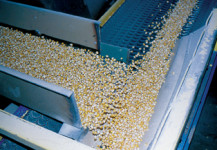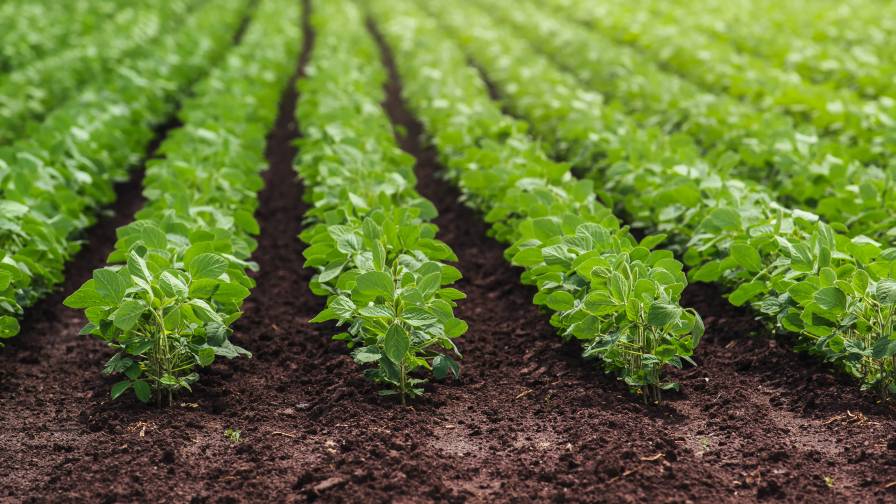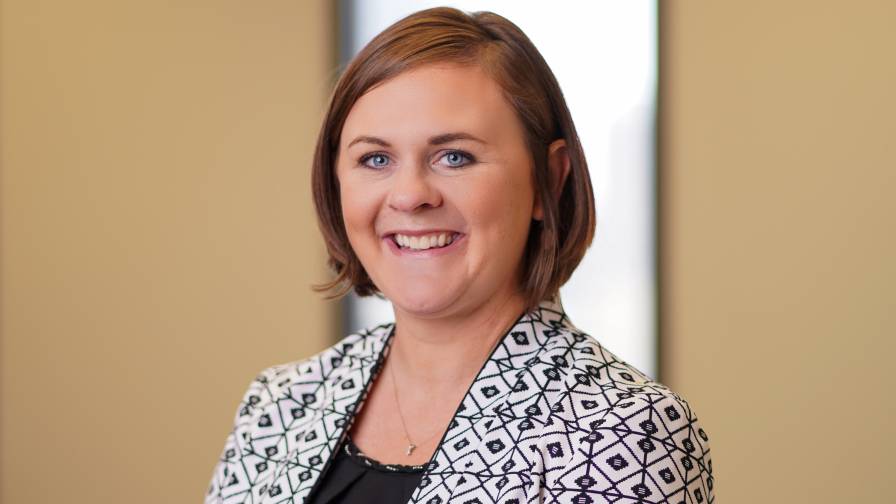Separate Vs. Equal

Time was when the grower down the road was pretty much the only seed game in town. The guy really knew the seed and could help neighbors decide which hybrids and varieties would yield well on their individual acres. Then each neighbor went to his own retailer for fertilizer and ag chemicals, maybe scheduled his custom application, and certainly sought agronomic advice to ensure he got the most out of his seed.
That began to change in a big way about a dozen years ago, when retailers — needing to supplement shrinking crop protection margins due to the advent of herbicide-tolerant seed — jumped into the seed market, too.
Today, the question is not whether your dealership or cooperative should sell seed, it’s how you should sell it to stay competitive with the farmer-seed salesman, farmer-dealers, and other ag retailers in the area.
There are two basic schools of thought on managing your seed sales: separate seed and marketing staffs or a single sales staff that covers both seed and agronomics. For some retailers, there’s no question which philosophy is the better fit for their business.
Seed Sales Style I: Aggressive Separatists
There are advantages to having staff dedicated 100% to just one sector of the business. “When planting time comes, you have to have your best foot forward,” Hester says. “An agronomy retailer always falls back to his agronomic chemical/fertilizer side, and seed takes its lumps. The retailer has a tendency to give away seed to get fertilizer business.”
But perhaps the strongest argument for separate staffs is the ability to provide the grower-customer with strong expertise in both seed and agronomics. “You’ve got to have somebody be an expert,” Hester says. “For example, in a decathlon, you must be somewhat good at everything, but you can be beat in any event by someone who specializes. It’s the same in our business; you can’t expect to be an expert on nutrient management and also keep track of thousands of different hybrids.”
The agronomy side of Nichols Ag’s business keeps track of fundamentals like stacked traits and changes in nutrient and pest management, while the seed staff hones in on completely different issues, like drydown ability, standability, and yield.
“Our seed staff has to focus on seed only, has to get into the details,” he points out. “There are hundreds and hundreds of varieties and hybrids of seed. Most agronomists simply will not be able to keep track of the advantages of one seed over another.”
How does the system work for Nichols Ag? “When a farmer comes in here, he comes to my office for agronomy advice, then goes to my seed salesman (or vice versa),” Hester says. “For example, I will tell the farmer he needs Roundup Ready corn to cure a problem and a rootworm stack for improved yields, and it’s up to the seed salesman to tell him which hybrid to use.”
That seed expertise is critical in maintaining the grower’s trust in your business. “A retailer wants to be the trusted adviser on agronomy, but when the farmer asks for seed, if the retailer doesn’t have the knowledge, it will lose out to so-called farmer-dealers who really know which hybrids to plant in the farmer’s field,” he advises. “If you hem-haw about seed after you do a good job with his agronomy recommendations, the farmer will take his business elsewhere.”
Seed Sales Style II: Equal Combination
The specialization style doesn’t work for everyone. One CropLife® 100 retailer says it boils down to one word for his business: economics. “With the profit margins we deal with, we can’t afford to send three different people out to the same grower,” he says. “That’s a luxury.”
“I tell everyone, this is not an Ivy League business, it’s a land grant business,” he adds.
Brian Hefty, manager of Hefty Seed Co., headquartered in Baltic, SD, agrees. “We can’t have all kinds of people running all over the countryside; we’re a narrow-margin business,” he says.
Instead, the company employs two or three agronomists at each of its 18 retail outlets in the Dakotas, Iowa, and Minnesota — and each one handles seed, ag chemical, fertilizer and equipment sales, along with agronomic advice.
“You can’t know just one aspect of farming and do a good job,” says Hefty. “The goal is to help your farmer raise better crops. Fertilizer, seed, chemicals, equipment — all of these tie in together to determine how good the crop is going to be.”
To ensure the sales staff is well-versed and well-rounded, Hefty Seed Co. provides training — usually between 10 to 15 days a year. Brian Hefty and his brother, Darren, teach the sessions throughout the year. “About 10% of our sales staff’s time is in training,” he says. “We offer the biggest and most extensive training program in our industry, because we want to remain the industry leaders in agronomic knowledge.”
The pair also host a half-hour weekly television show, “Ag PhD,” on DIRECTV and the Dish Network, a radio show, and lead crop production workshops — all to provide the latest information to growers.
“We have to know what’s going on,” Hefty says. “We farm 2,500 acres in Baltic ourselves, a test farm with trials.”
At Hefty Seed, the emphasis is on keeping the whole picture in mind when serving the grower. “It’s never just the seed,” Hefty says. “It’s the fertilizer, the disease control, the weed control, the bugs, and the weather. Any corn can grow, we just level out the playing field. If our salesman just focuses on the seed side, he’s missing 90% of the agronomic picture.”





